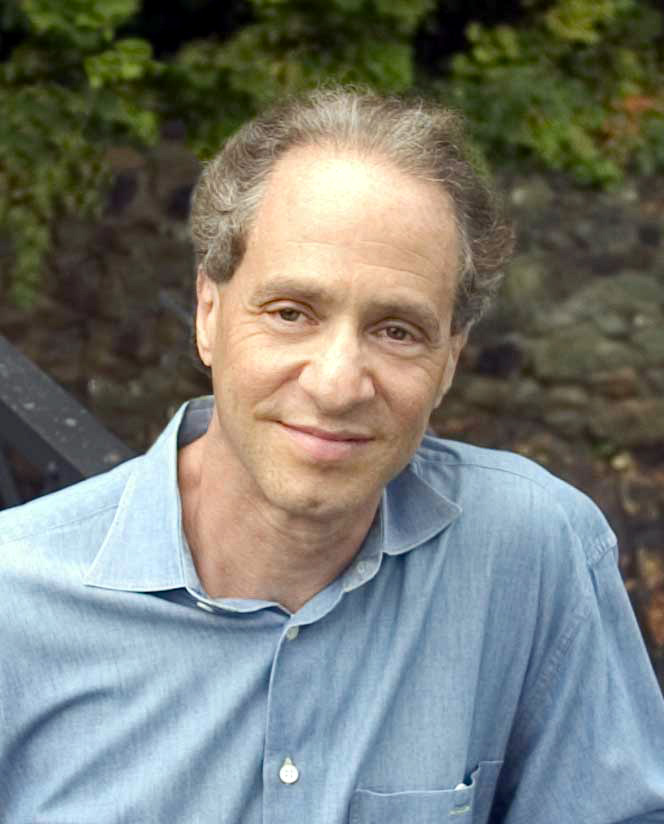By 2009, computers will disappear. Displays will be written directly onto our retinas by devices in our eyeglasses and contact lenses.

"Raymond "Ray" Kurzweil" is an American author, computer scientist, inventor, futurist, and is a director of engineering at Google. Aside from futurology, he is involved in fields such as optical character recognition (OCR), speech synthesis/text-to-speech synthesis, speech recognition technology, and electronic keyboard instruments. He has written books on health, artificial intelligence (AI), transhumanism, the technological singularity, and futures studies/futurism. Kurzweil is a public advocate for the futurist and transhumanist movements, as has been displayed in his vast collection of public talks, wherein he has shared his primarily optimistic outlooks on life extension technologies and the future of nanotechnology, robotics, and biotechnology.
Kurzweil was the principal inventor of the first CCD flatbed scanner, the first omni-font optical character recognition, the first print-to-speech reading machine for the blind, the first commercial text-to-speech synthesizer, the Kurzweil K250 music synthesizer capable of simulating the sound of the grand piano and other orchestral instruments, and the first commercially marketed large-vocabulary speech recognition.
If you enjoy these quotes, be sure to check out other famous inventors! More Ray Kurzweil on Wikipedia.We appear to be programmed with the idea that there are 'things' outside of our self, and some are conscious, and some are not.
Intuition is linear; our imaginations are weak. Even the brightest of us only extrapolate from what we know now; for the most part, we're afraid to really stretch.
What if not everyone wants to go along with this?
Exponential growth looks like nothing is happening, and then suddenly you get this explosion at the end.
Biological evolution is too slow for the human species. Over the next few decades, it's going to be left in the dust.
Humans feel deeply the suffering of their friends and allies, and easily discount / dismiss the comparable experience of their enemies.
One could run these automata for trillions or even trillions of trillions of iterations, and the image would remain at the same limited level of complexity. They do not evolve into, say, insects, or humans, or Chopin preludes.
The Singularity is Near.
Copyright © 2024 Electric Goat Media. All Rights Reserved.